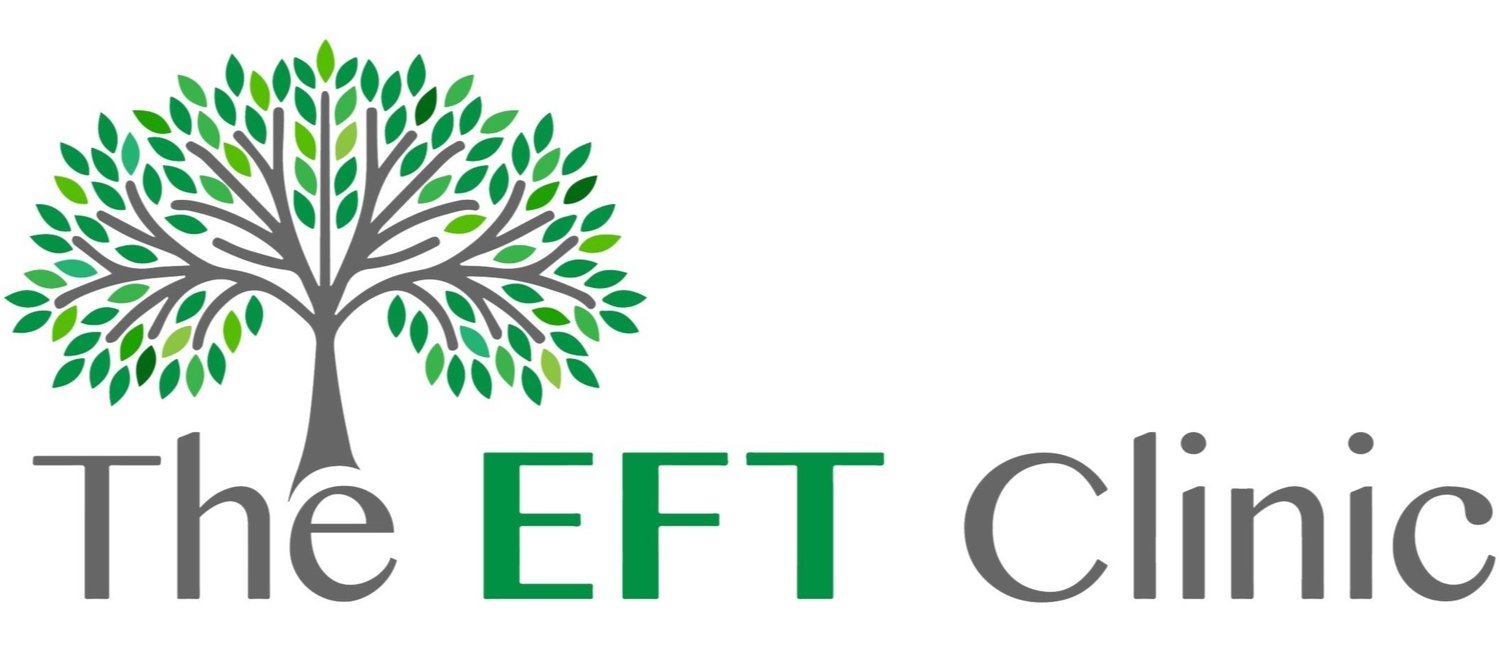Please Fix My Kid
/Please Fix My Kid
By Ben Kroff, LMFT
When our cars aren’t working well or something is broken, we are fortunate to be able to simply drop the car off at the mechanic and let them solve the problem; they do their mechanic magic and call us when it’s all fixed and ready to go. It would be AWESOME if we could drop our kids off at therapy, let the therapist do their thing and have them call us when our child is ready to listen, cooperate, get out of bed, go to school, get good grades, treat their siblings better and make better choices.
Unfortunately, kid problems are more complex than car problems. When a child starts exhibiting symptoms of distress, whether they are behavioral, emotional or psychological, we need to step back and take a look at the bigger picture. What is happening in their home environment, social circle, or academic setting? When our child is displaying problem behaviors, it is a sign that something in their environment needs to change. Just as pain in our bodies are signals that we need to change something, if your child is in pain, or if they are causing you pain, it is a sign that something in his or her environment needs to change. Often this change is not something that the child alone is going to be able to accomplish, even with the help of a qualified therapist. The child is part of a larger system that is impacting his or her mental health. The best chance for successful change will be found when working with the child’s most significant relationships.
When waiting for our car to be serviced we can enjoy flipping through magazines, scrolling through Facebook or even eating popcorn in the waiting room; if you are taking your child to therapy and are enjoying quiet time in the waiting room or running errands during their session I would invite you to reconsider how this time is spent. If the therapist hasn’t invited you into the room, ask if you can join. There is much to be gained in joining your child in their pain, in seeking to support and understand and be involved in their recovery. Maybe not every session will be appropriate for family members to join and your child and their therapist can identify those times, but more often than not great work can be done by bringing the child’s significant relationships—like their relationship with their parents—into the therapy office together.
Ultimately, healing comes through nurturing connection. If your therapist has not offered this approach or doesn’t feel comfortable with involving more of the family in therapy, you may want to look into switching your child to a Licensed Marriage and Family Therapist (LMFT). These therapists are trained in therapeutic models that incorporate this larger, systemic family approach. At the EFT Clinic many of our clinicians are LMFT’s and all of our therapists have been trained in relational Emotionally Focused Therapy. We look forward to helping you and your loved ones.
Ben Kroff is a Licensed Marriage & Family Therapist at The EFT Clinic in Salt Lake City and Lehi, Utah. To schedule an appointment with Ben, email ben@theeftclinic.com or call our office at 385-695-5949.


